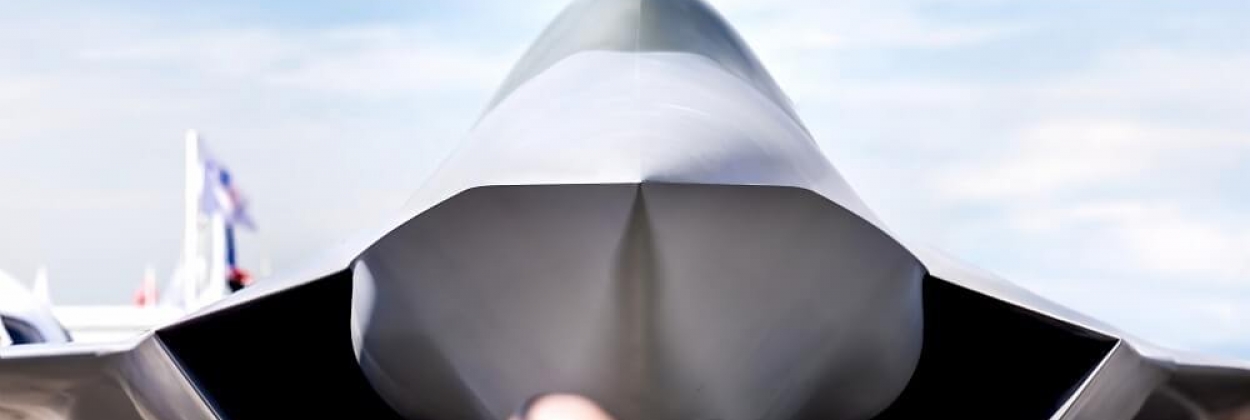The Next Phase for FCAS: The French and German Governments Commit Development Funding
Paris – France and Germany launched Feb. 12 a technology demonstrator project for a Future Combat Air System, signing contracts for development work on a new European fighter jet, engine, command network, and drones, the industrial partners said.
“The governments of France and Germany have awarded Dassault Aviation, Airbus, together with their partners MTU Aero Engines, Safran, MBDA and Thales, the initial framework contract (Phase 1A), which launches the demonstrator phase for the Future Combat Air System (FCAS),” the companies said in a joint statement.
Funding for that initial phase is worth some €150 million ($163 million), to be shared among the six companies, an industry source said.
Berlin and Paris are each contributing €77.5 million, with a total of €148 million of funding and an optional tranche of seven million euros, business website La Tribune reported.
Meanwhile, Airbus reported Feb. 13 2019 net loss of €1.36 billion, dragged down by a €1.21 billion charge for weak export outlook on the A400M military airlifter, and a €221 million hit due to German suspension of arms exports to Saudi Arabia.
The biggest dent was €3.6 billion of penalty payments to Britain, France and the US to settle corruption charges on previous sales of Airbus airliners around the world.
The first stage phase 1A of the contract runs for 18 months, followed by phase 1B in which Spain and other firms will join the project, the joint statement said.
Spain’s entry will bring Indra into the partnership, requiring further sharing of the work load. Airbus was reported to have hoped Madrid would pick its Spanish subsidiary as the industrial partner but those hopes were dashed with the selection of Indra.
The powerful budget committee of the German Bundestag parliament approved funding on Wednesday afternoon for the critical first phase, in part steered by a sense of courtesy as French president Emmanuel Macron was due to attend the Munich security conference this weekend, said German senior parliamentarian Rainer Brandl, AFP news agency reported.
That parliamentary approval also reflected the need to foster close ties with France.
French minister of the armed forces, Florence Parly, said on her Twitter account the German parliament had just approved a “crucial step” for the FCAS, which will equip the French, German and Spanish air forces.
“There is green light to develop a prototype fighter jet, which will fly in 2026,” she said.
The German parliamentary committee, among its conditions, tied its approval to funding for the FCAS demonstrator to progress on the Franco-German project for Main Ground Combat System, said Gaëlle Winter, associate researcher at think tank Fondation de Recherche Stratégique, based in Paris.
The MGCS project includes a new tank and related manned and unmanned vehicles.
The budget committee approved funding for FCAS on condition there should be “parallel” progress on MGCS, and that there be close and interconnected parliamentary supervision of both programs and their impact on industrial policy, she said.
There will be a parliamentary review on MGCS March 4, followed by a review of both FCAS and MGCS on June 17.
On FCAS, the companies said they will examine “the main technological challenges” on the key elements, namely the next generation fighter, remote carrier drones, a command and communications network dubbed combat cloud, and a new engine.

